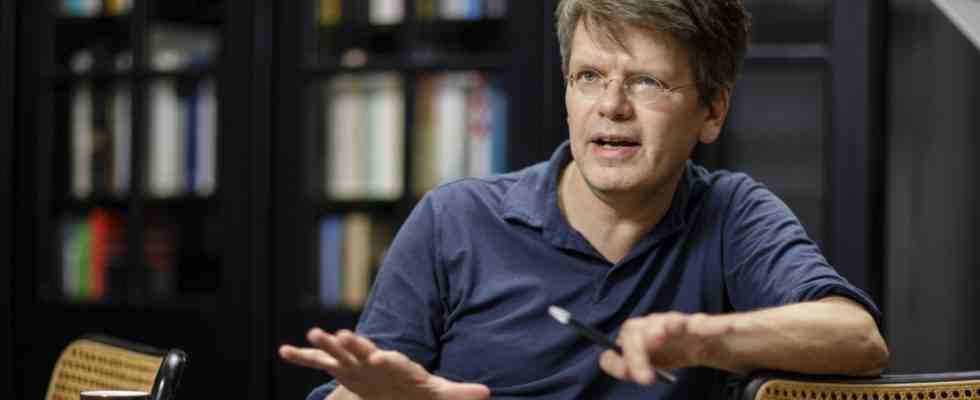The media public in Germany is a complex landscape. Far from just functioning as a state-free market place for ideas, state-imposed rules and public organizations play an important role in it. This becomes clear in the case of public broadcasting: it has to be set up by the federal states in a complicated structure and financed by taxes, but it must also be organized “independently of the state” in order to enable a democratic public sphere. The freedom of the press is constructed differently: Here, a market of private providers should ensure diversity and openness. However, this cannot do without state regulation, for example in the control of mergers. The freedom to form opinions – like all freedoms – is threatened not only by the state, but also by powerful private individuals. But while questions of broadcasting regulation – such as the organization of broadcasting stations or the relationship between digital and analogue media – have dominated the political and technical debates of economists and lawyers, an old-fashioned topic is now back on the agenda that should have been clarified long ago: the relationship between the state and the press.
Can the state act as a publisher? – Media

